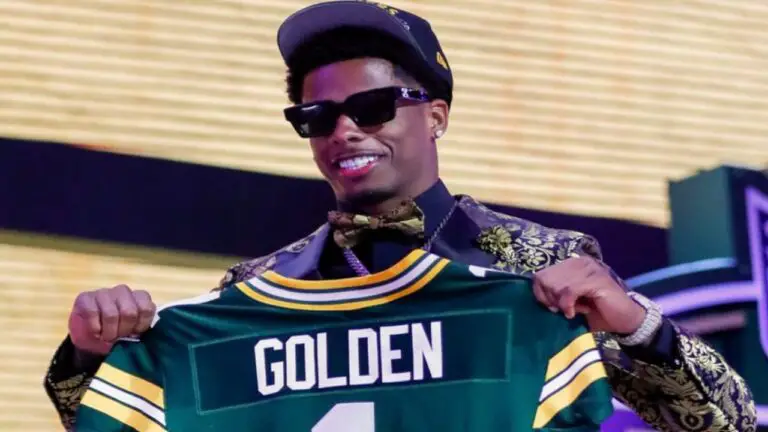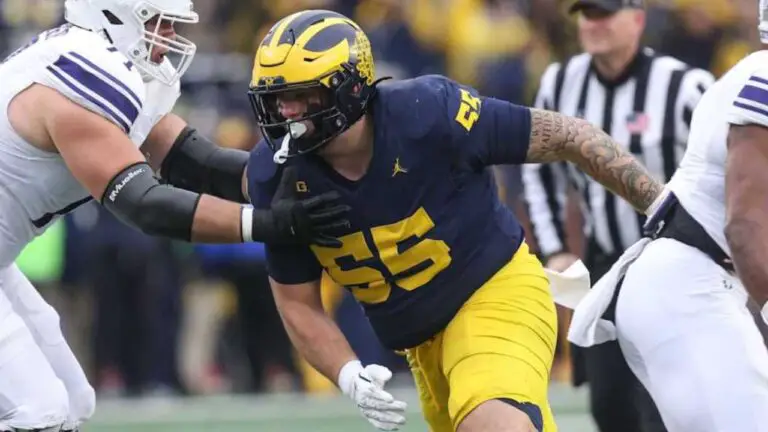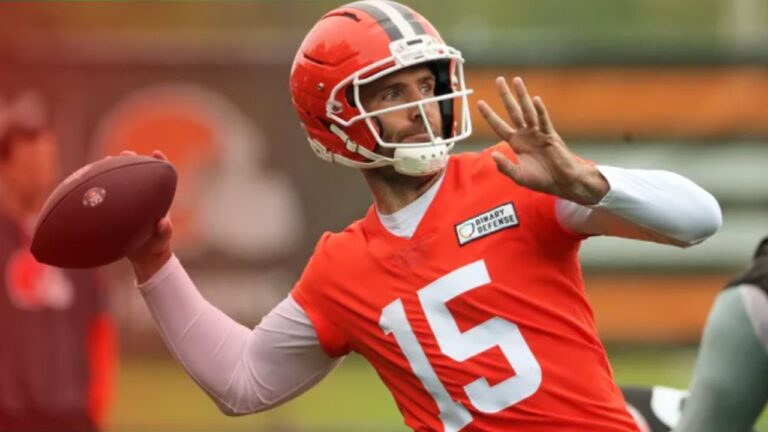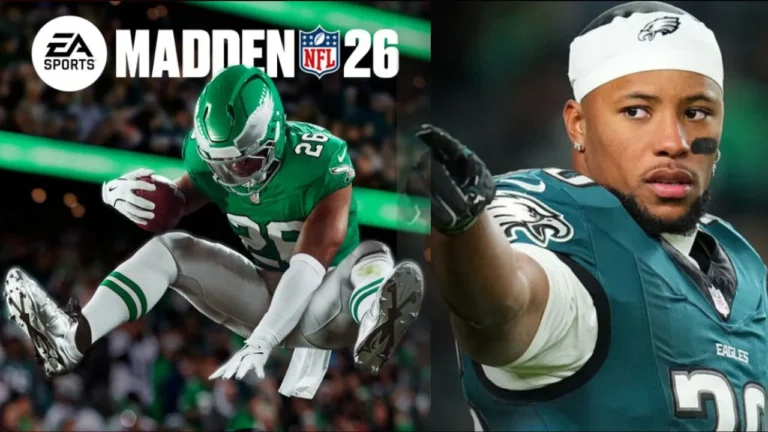The Dramatic Interception: Ed Reed’s Iconic Play and the Coaches’ Mic’d Up Reactions
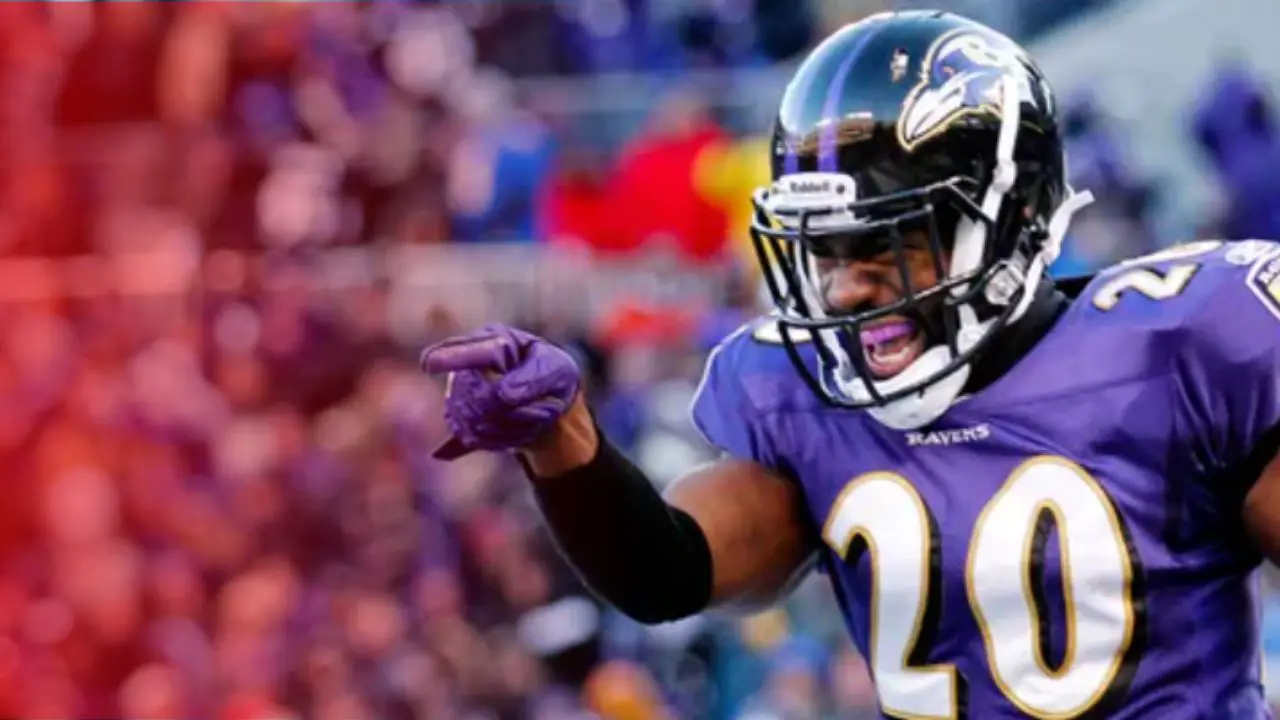
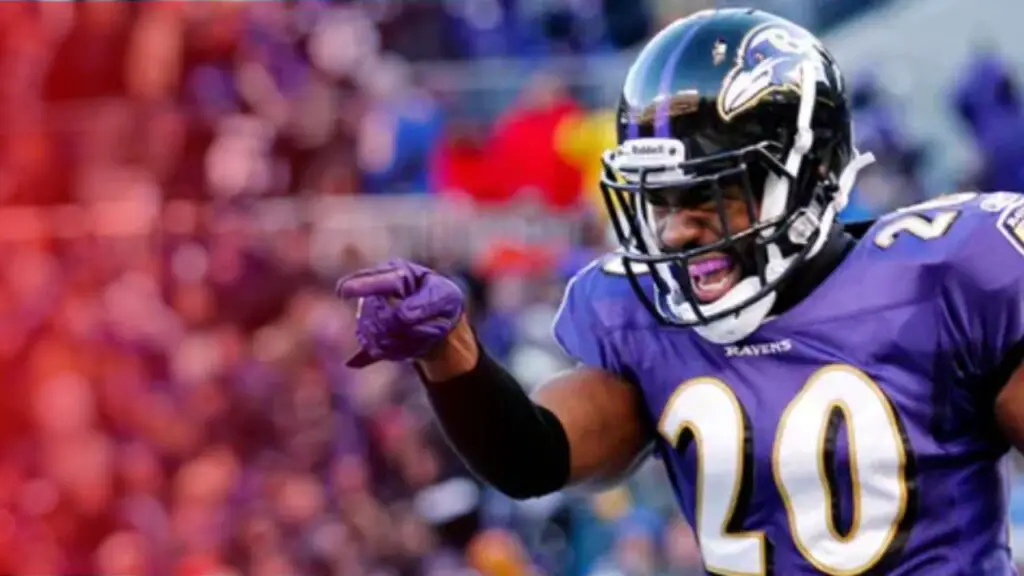
In the high-stakes world of the NFL, few moments capture the raw emotion and unpredictability of the game quite like Ed Reed’s intercepted pass during the 2004 matchup between the Baltimore Ravens and the New York Jets. This play, immortalized in a recent X post by the NFL, not only showcases Reed’s extraordinary talent but also provides a rare glimpse into the intense reactions of coaches Herm Edwards and Brian Billick, whose mic’d up commentary adds a layer of drama to an already thrilling sequence.
The Play That Defined a Moment
On November 14, 2004, at M&T Bank Stadium in Baltimore, the Ravens faced off against the Jets in a game that would be remembered for more than just the final score. With the Ravens leading 20-17, Jets quarterback Quincy Carter attempted a pitch to running back Lamont Jordan near the goal line. The play was intended to be a quick handoff, but Jordan, under pressure, made a critical decision to throw the ball downfield. Enter Ed Reed, the Ravens’ safety, who intercepted the pass in the end zone.
What followed was a breathtaking 106-yard return, a play that seemed destined to seal the game for Baltimore. Reed’s speed and agility were on full display as he weaved through the Jets’ defense, with the Ravens’ sideline erupting in excitement. However, the jubilation was short-lived. A penalty flag was thrown for an illegal block in the back, nullifying the touchdown and returning the ball to the Jets. The sequence, lasting just over 38 seconds, encapsulated the highs and lows of football in a single, unforgettable play.
Coaches’ Reactions: A Study in Contrast
The X post, shared by the NFL account, includes video footage with timestamps and subtitles that capture the real-time reactions of the coaches. Herm Edwards, then the head coach of the Jets, is heard pleading, “No, Ed Reed don’t throw it! Don’t throw it, Lamont!” His frustration is palpable as the play unfolds, culminating in a resigned “Oh God” when the interception is completed. Edwards’ reaction is a mix of disbelief and despair, reflecting the sudden shift in momentum.
On the other side, Brian Billick, the Ravens’ head coach, experiences a rollercoaster of emotions. Initially, he urges Reed with a frantic “Get up! Get up! Get up!” as the safety begins his return. As Reed nears the end zone, Billick’s excitement peaks with a hopeful “Go Ed!” However, the penalty flag dashes his hopes, and his reaction shifts to a defeated “Noooo,” mirroring the collective disappointment of the Ravens’ sideline.
Ed Reed: A Legacy of Excellence
Ed Reed’s performance in this game was a microcosm of his illustrious career. Drafted by the Ravens in the first round of the 2002 NFL Draft, Reed quickly established himself as one of the league’s premier defensive players. His college career at the University of Miami was equally impressive, where he played a pivotal role in the Hurricanes’ 2001 national championship team and earned unanimous All-American honors.
Throughout his NFL career, Reed was selected to nine Pro Bowls and won the 2004 NFL Defensive Player of the Year Award. He is perhaps best remembered for his record-setting interception returns, including the 106-yard return against the Jets and a 107-yard return in 2008, both of which stand as NFL records. Reed’s contributions were instrumental in the Ravens’ Super Bowl XLVII victory, cementing his place in football history.
The Human Element of the Game
The mic’d up commentary from Edwards and Billick humanizes the often larger-than-life figures of NFL coaching. It reveals the pressure, the passion, and the vulnerability that come with leading a team in such high-stakes environments. For fans, these moments provide a deeper connection to the game, reminding us that behind the strategies and statistics are individuals experiencing the same highs and lows as the players on the field.
Conclusion
The X post from June 1, 2025, serves as a time capsule, preserving a moment that encapsulates the essence of sports: the thrill of victory, the agony of defeat, and the unpredictable nature of competition. Ed Reed’s intercepted pass, combined with the coaches’ raw reactions, offers a narrative that resonates beyond the final score. It is a reminder of why we watch sports—to witness the extraordinary feats of athletes like Reed and to share in the emotional journey of those who guide them.
As we reflect on this play, it is clear that moments like these are what make football not just a game, but a story of human endeavor, resilience, and the relentless pursuit of greatness.


